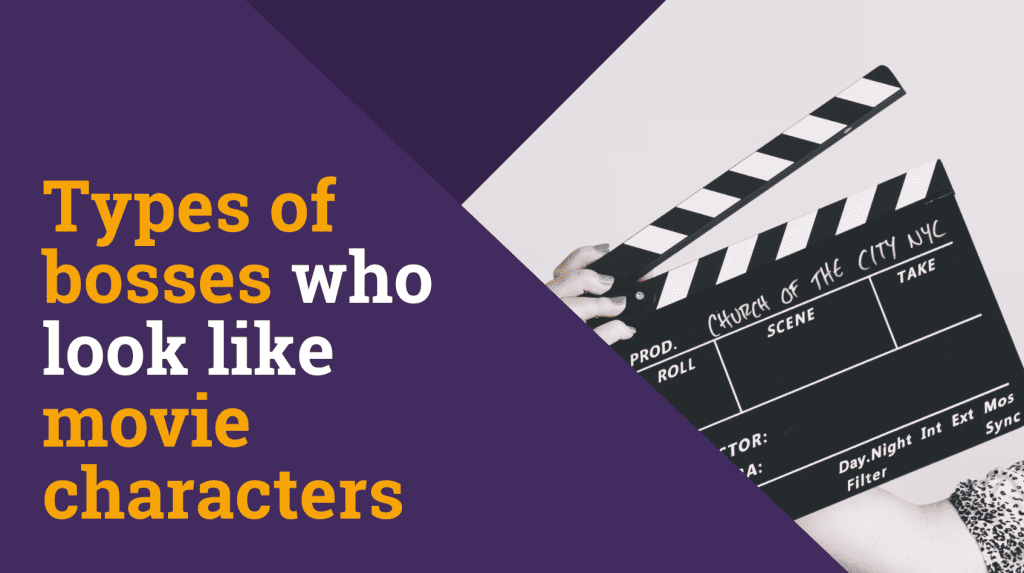In recent years a new trend is making its way into the world of recruiting. We refer to the use of blind (or anonymous) CVs, which are establishing a paradigm shift in selection processes, as we know them today in Europe.
What is a Blind CV?
Blind Curriculum Vitae is a curriculum format that does not include personal traits of the person such as name or date of birth. The purpose of its use is to try to prevent discriminatory attitudes based on age, gender, race, sexual orientation, etc. as these characteristics are not related to a person’s ability to perform a job.

Disadvantages of the blind CV
The objective of the blind curriculum to combat discriminatory behaviour is unquestionably desirable. However, its effectiveness in this fight is in question. Critics of blind resumes often point to the following reasons for discrediting the usefulness of anonymous resumes:
1) The anonymous CV only serves to postpone discrimination at later stages of the selection process where all information is revealed. Some critics even go further and suggest that highly prejudiced employers will interview more candidates, to ensure that at least one candidate belongs to their favorite group.
2) It is difficult for a curriculum to be completely anonymous. Recruiters can use other data to make assumptions about the hidden information. For example, knowledge of languages is an indicator of a person’s nationality; years of experience can help to know age, etc.
1) The anonymous CV only serves to postpone discrimination at later stages of the selection process where all information is revealed. Some critics even go further and suggest that highly prejudiced employers will interview more candidates, to ensure that at least one candidate belongs to their favorite group.
2) It is difficult for a curriculum to be completely anonymous. Recruiters can use other data to make assumptions about the hidden information. For example, knowledge of languages is an indicator of a person’s nationality; years of experience can help to know age, etc.

Advantages of blind CV
Supporters of blind CVs have reason to hold on to their stance, as several experiments have corroborated positive effects.
1) In an investigation by the German Institute for the Study of Work (IZA) it was concluded that anonymous job applications not only increased the chances of ethnic minorities being called for the interview, but also positively affected their chances of hiring.
2)In Spain, the State Secretariat for Social Services and Equality launched a pilot project (2018) to determine the success of this type of curriculum in our country. Candidates submitting their CVs to the selection processes should identify themselves with their initials and surnames, should not indicate their nationality or age, nor should a photo be attached. A total of 78 companies joined the initiative, including such important companies as Endesa, Ferrovial, Gamesa, IBM and Ikea. After the first months of implementation, one of the member companies managed to increase the recruitment of women from 12% to 36%. Thanks to this project it was shown that the use of blind CVs can mitigate discrimination since, according to their results, employers tend to be guided by their prejudices when deciding which candidates to interview.
1) In an investigation by the German Institute for the Study of Work (IZA) it was concluded that anonymous job applications not only increased the chances of ethnic minorities being called for the interview, but also positively affected their chances of hiring.
2)In Spain, the State Secretariat for Social Services and Equality launched a pilot project (2018) to determine the success of this type of curriculum in our country. Candidates submitting their CVs to the selection processes should identify themselves with their initials and surnames, should not indicate their nationality or age, nor should a photo be attached. A total of 78 companies joined the initiative, including such important companies as Endesa, Ferrovial, Gamesa, IBM and Ikea. After the first months of implementation, one of the member companies managed to increase the recruitment of women from 12% to 36%. Thanks to this project it was shown that the use of blind CVs can mitigate discrimination since, according to their results, employers tend to be guided by their prejudices when deciding which candidates to interview.

How should recruiters react to the arrival of blind CVs?
Recruiters should become familiar with sending blind resumes for several reasons:
1) It is the only real way they have to ensure that they comply with the current legislation of the country in question.
2)It is the global model of good practice.
3) It is the only legal way that they have to protect their candidates and avoid further conflicts, on their property with customers.
1) It is the only real way they have to ensure that they comply with the current legislation of the country in question.
2)It is the global model of good practice.
3) It is the only legal way that they have to protect their candidates and avoid further conflicts, on their property with customers.

It is not yet known whether the anonymous curriculum helps to eradicate employment discrimination. In any case, in TalentFY we are aware that in the outsourcing of selection processes their use is indispensable to avoid conflicts between employers and recruiters. In addition, we strongly believe that the blind CV enhances that many candidates who could initially be rejected due to prejudice, are selected for interviews. For this reason, we provide means and encourage our recruiters to present their candidates in blind CV.
What do you think about blind CV? Do you think that its application will help fight the influence of prejudice in the selection processes?
[INSERT_ELEMENTOR id="5009"]
[INSERT_ELEMENTOR id="5004"]





